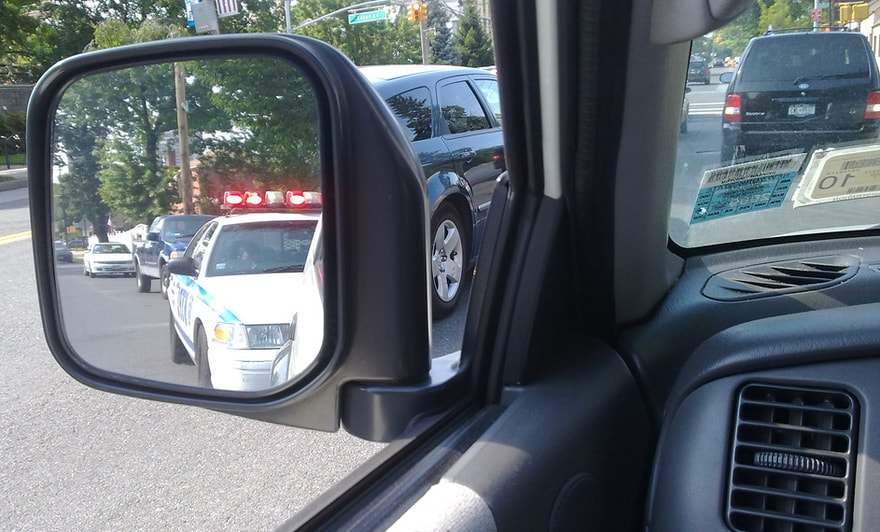
Warrantless Vehicle Searches
Yet another motor vehicle search warrant exception is known as the consent to search exception.
Under this exception, a police officer can lawfully search a motor vehicle without a search warrant if the owner (or sometimes the driver) voluntarily consents to the search.
However, the police officer must have a reasonable suspicion of criminal activity before the officer can even ask for permission to search the vehicle.
For example, if an officer stops a vehicle for failure to signal a turn the officer cannot immediately ask the driver if he can search the vehicle because he’s simply wondering if there are drugs in the car.
The officer needs a reason to suspect there are drugs in the car before asking for permission to search.
An officer also cannot repeatedly ask for permission to search.
If the driver or owner does not give consent to search after the officer’s initial request, the officer cannot ask the owner for permission to search over and over until the driver gives consent. In that situation, after an argument from our Minnesota criminal defense lawyer, a court would most likely find that the consent was not voluntary.
The State Has the Burden to Prove the Consent to Search Exception
In cases where an officer is claiming a driver voluntarily consented to warrantless vehicle searches, the state has to prove that consent was truly voluntary and did not result from promises, threats, duress, or coercion by the officer.
Courts analyze several factors in determining whether consent was voluntary, including the driver’s age, intelligence, education, length of the traffic stop, nature and tone of officer’s questions, and whether the driver has any past similar experiences.
An officer does not have to inform the driver that he has a right to refuse, but that is a factor that a court will review. There is no bright-line rule to determine consent in the context of warrantless vehicle searches.
A judge will look at the facts and circumstances of each individual case and determine whether the factors weigh in favor of voluntariness.
If they don’t, our Minnesota criminal defense lawyers will ask the judge to suppress any evidence that was found during an involuntary search of the vehicle.
What and Where the Officer Can Conduct Warrantless Vehicle Searches Depend on the Terms of the Consent Given by the Driver
Consent to search does not automatically give the officer free rein to conduct warrantless vehicle searches of the entire vehicle and all of its contents.
Rather, the scope of the search will depend on what the parties understood the consent to cover given their conversation. The person giving consent may also withdraw their consent to search at any time.
Once consent is withdrawn, the officer must stop the search unless a continued search can be justified under some other search warrant exception.
Our Minnesota criminal defense lawyers know the factors that courts look at to determine whether consent was voluntary; our Minnesota criminal defense lawyers will protect the privacy of your vehicle.
Contact Your MN Criminal Defense Lawyers Today
If you or someone or know had a vehicle unlawfully searched by the police, contact our Minneapolis/St. Paul criminal defense lawyers today.
Our attorneys will review the facts and circumstances surrounding the search of your vehicle and fight to have any illegally obtained evidence suppressed.



